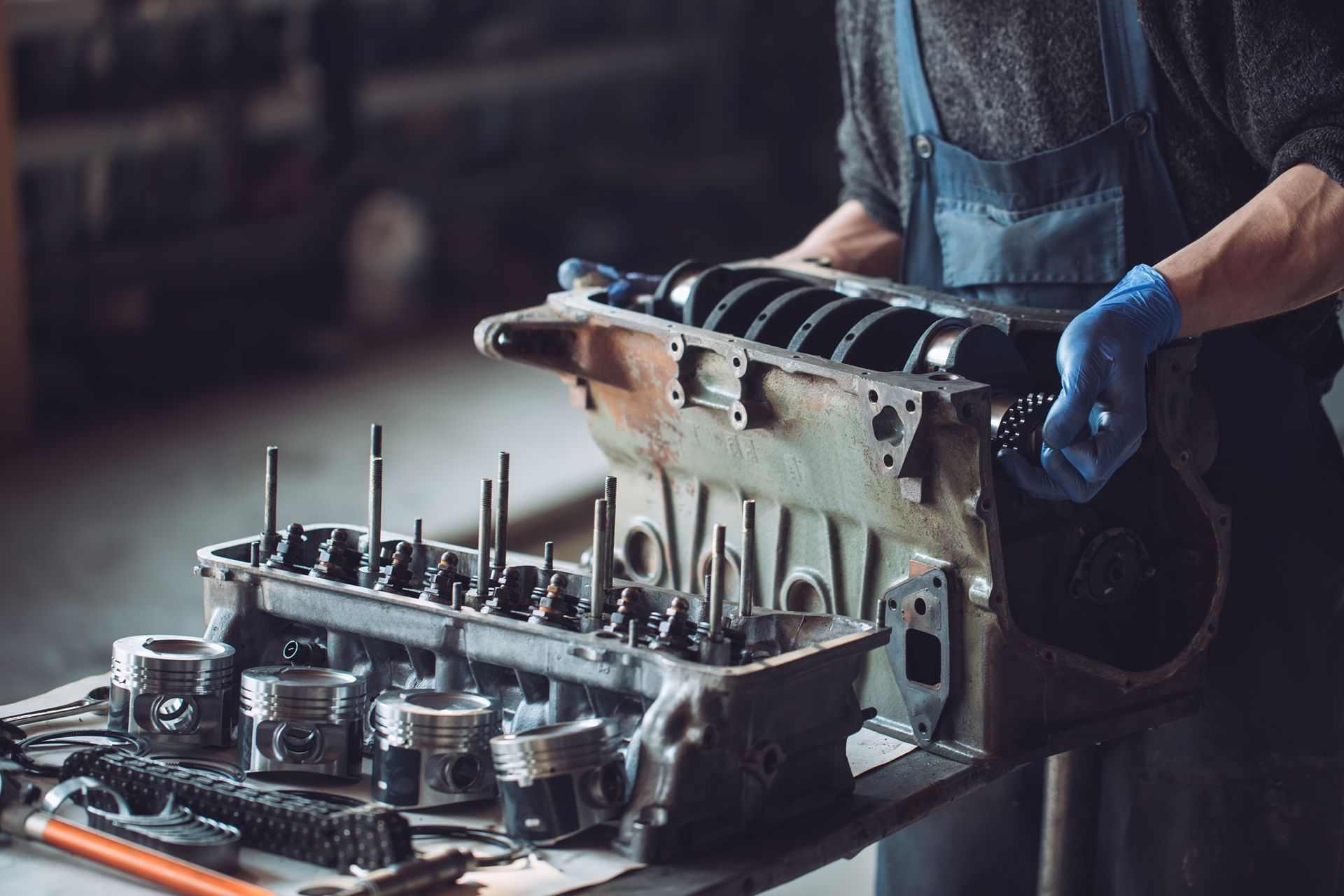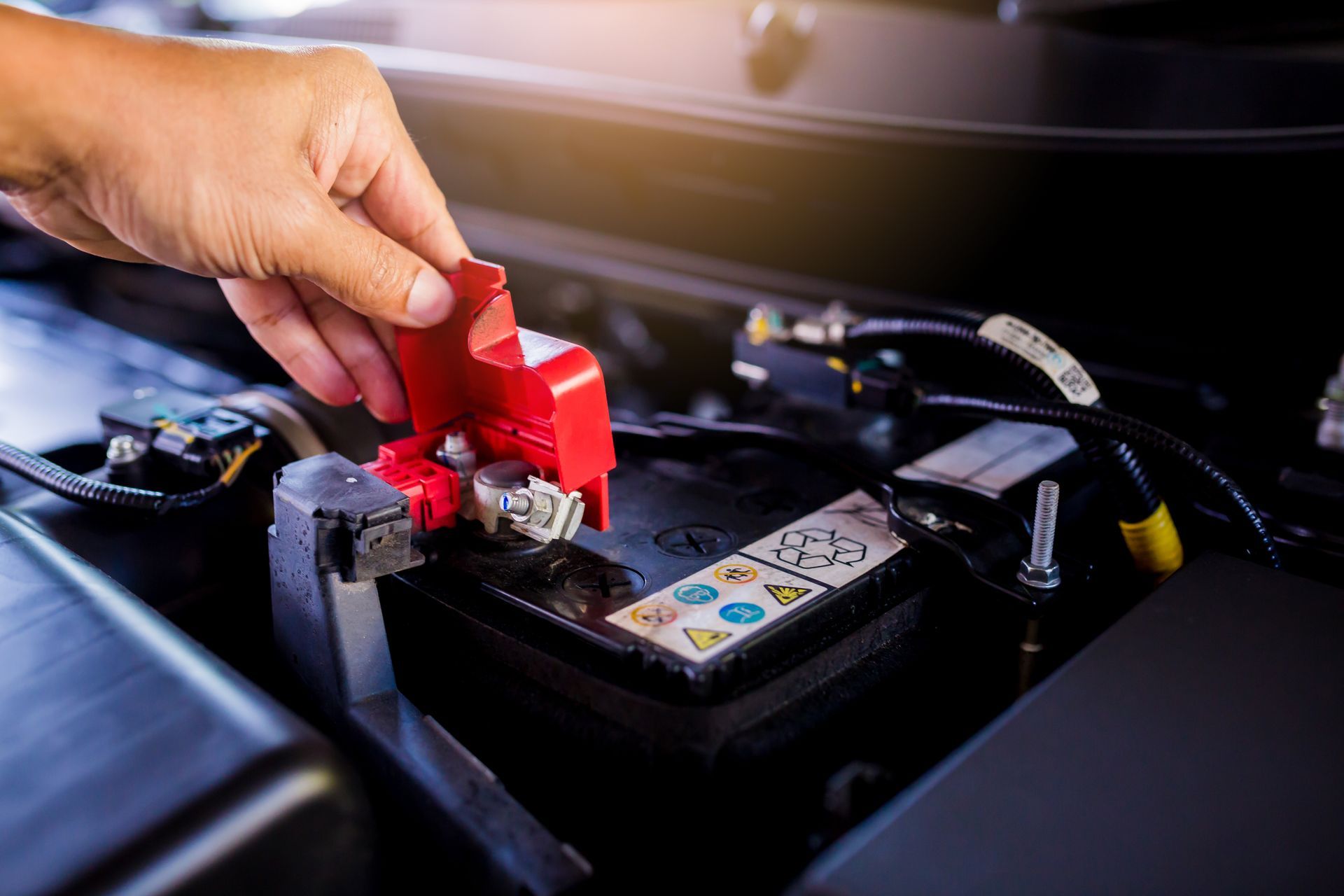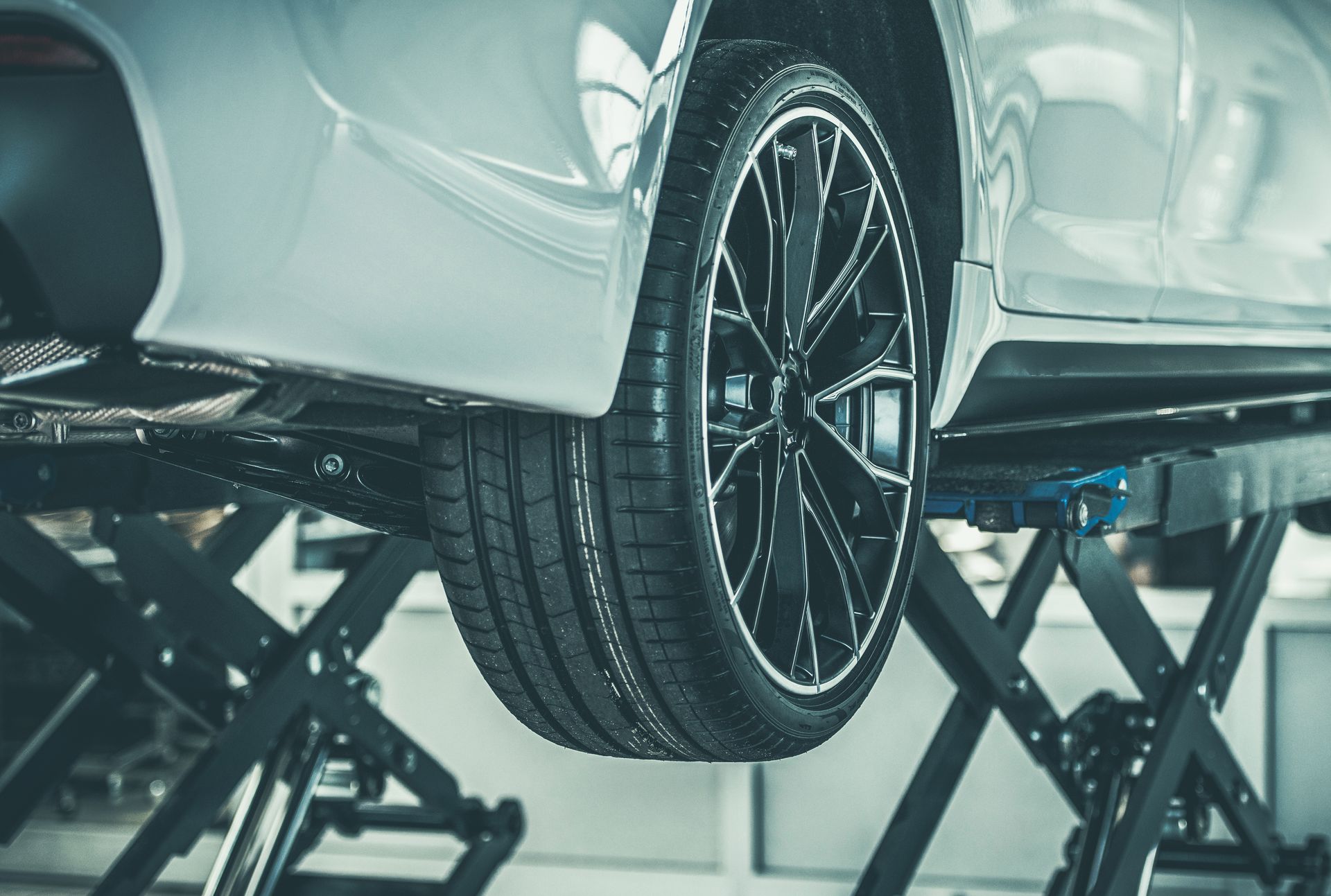Loading ...
Missing business hours data / Error occurred while getting the data.
Loading ...
Missing business hours data / Error occurred while getting the data.
Journey Ready: How to Ensure Your Car's Fluids Are in Top Shape
November 29, 2024
When was the last time you thought about the fluids in your car? If you’re like most drivers, they might not cross your mind until there’s a warning light on your dashboard or a problem under the hood. However, these liquids are the lifeblood of your vehicle, keeping it running. We'll explain why maintaining your car’s fluids is so important and how you can keep them in top shape to ensure a stress-free journey every time you hit the road.
Why Car Fluids Matter
Car fluids do much more than just “keep things moving.” They’re responsible for critical functions like lubricating engine parts, transferring heat, and ensuring systems like brakes and steering work properly. Neglecting them can lead to costly repairs, poor performance, and even safety risks.
Think of your engine oil, coolant, transmission fluid, brake fluid, and power steering fluid. Each plays a specific role, and any one of them being low or contaminated can cause significant issues. Regularly checking and maintaining these fluids helps prolong your vehicle’s lifespan and prevents inconvenient breakdowns.
Signs Your Fluids Might Need Attention
Do you notice your car not driving as it should? Odd noises, difficulty steering, or overheating could all point to low or degraded fluids. Even if your car seems fine, it’s smart to pay attention to the manufacturer’s recommended service intervals for checking and replacing fluids.
Sometimes, leaks are the first sign of trouble. A puddle under your car might indicate coolant, oil, or transmission fluid is escaping. While it’s easy to ignore, addressing a leak promptly can save you from major headaches later.
Key Fluids to Monitor
Engine Oil
Arguably the most important fluid in your car, engine oil lubricates moving parts and prevents overheating. Check the oil level using the dipstick and make sure it’s clean and at the correct level.
Coolant
Coolant, or antifreeze, helps regulate your engine’s temperature by transferring heat away. Low coolant levels or old, contaminated fluid can lead to overheating, which is bad news for your engine. Make sure the coolant reservoir is filled to the appropriate level and look for signs of discoloration.
Transmission Fluid
Your transmission fluid ensures that your gears shift efficiently and without damage. Low or dirty transmission fluid can cause sluggish gear changes and even transmission failure. It’s a good idea to have this fluid checked during regular maintenance.
Brake Fluid
Brake fluid is essential for creating the hydraulic pressure needed to stop your car. Over time, it can absorb moisture, reducing its effectiveness. Spongy brakes are often a sign that your brake fluid needs to be replaced.
Power Steering Fluid
If steering your car feels heavier than usual, it might be time to check your power steering fluid. Low levels of contamination can make turning the wheel difficult, especially at lower speeds.
How to Keep Your Fluids in Check
You don’t have to be a car expert to keep tabs on your vehicle’s fluids. Here’s how to stay on top of it:
- Check Regularly: Set reminders to inspect your car’s fluids monthly. Look for levels and quality using the dipstick or reservoir indicators.
- Top Off as Needed: If any fluids are low, use the type specified in your owner’s manual to top them off. Avoid overfilling, as it can lead to other issues.
- Schedule Routine Maintenance: Let a professional inspect and replace fluids during regular maintenance appointments.
- Look for Leaks: Keep an eye out for any unusual puddles or spots under your car. Early detection can prevent major repairs.
- Know When to Replace: Even if levels are fine, old fluids lose their effectiveness over time. Stick to the service intervals recommended by your vehicle’s manufacturer.
Need help keeping your car road-ready? All
Pro Automotive offers expert fluid inspections and replacements to ensure your vehicle performs at its best. Schedule an appointment today and drive with confidence.
Loading ...
Missing business hours data / Error occurred while getting the data.
Having Trouble Finding Us?
Loading ...
Missing nap lines data / Error occured while getting the data.







